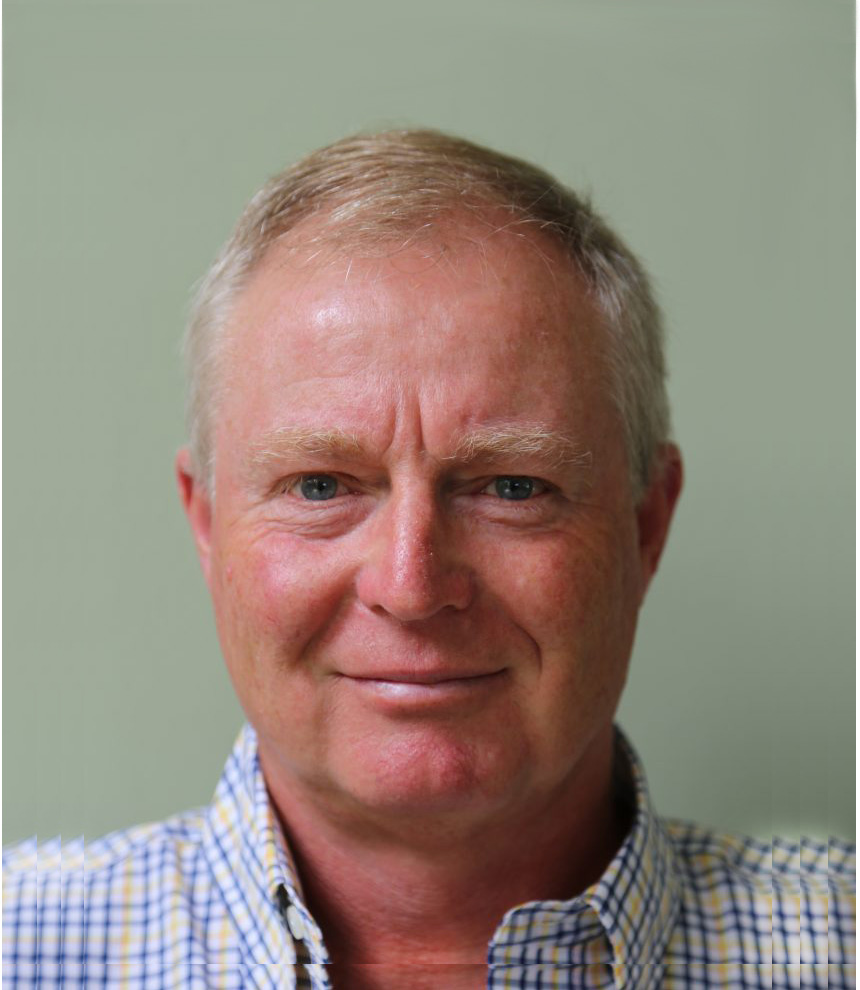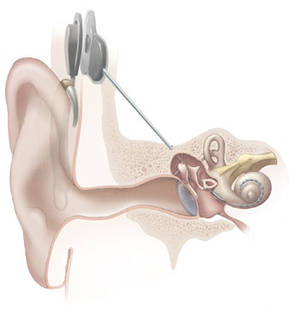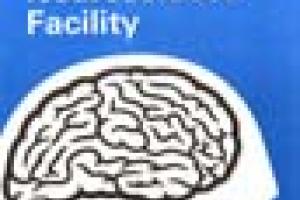
My Expertise
Brain Sciences, Hearing, noise and age-related hearing loss, cochlear implants; Gene Therapy; Brain Injury, Stroke, Traumatic Brain Injury, Epilepsy, white matter diseases, peripheral neuropathies, age-related macular degeneration, peripheral nerve repair, Brain Imaging; Functional Genomics.
Fields of Research (FoR)
Neurology and Neuromuscular Diseases, Animal Physiology - Cell, Central Nervous System, Peripheral Nervous System, Autonomic Nervous System, Rehabilitation and Therapy: Hearing and Speech, Receptors and Membrane Biology, Neurogenetics, Sensory SystemsSEO tags
Biography
Research Interests: Gary Housley, PhD, holds the Chair of Physiology and is director of the Translational Neuroscience Facility, School of Biomedical Sciences, UNSW Sydney. His research program is broadly within molecular, cellular and systems physiology in the nervous system, particularly around neuroprotection in the CNS and auditory system. He has contributed prominently to understanding how hearing adapts to noise and ageing. Study of...view more
Research Interests: Gary Housley, PhD, holds the Chair of Physiology and is director of the Translational Neuroscience Facility, School of Biomedical Sciences, UNSW Sydney. His research program is broadly within molecular, cellular and systems physiology in the nervous system, particularly around neuroprotection in the CNS and auditory system. He has contributed prominently to understanding how hearing adapts to noise and ageing. Study of neural development and synaptic plasticity in the auditory system informs on gene-targets for neural repair. This research has an applied arm with respect to bionics such as the cochlear implant which has led to development of an innovative gene therapy platform for auditory nerve regeneration which is currently in a first-in-human clinical trial (www.cingt.info). Hearing loss is the most prominent sensory disability in our society. Stroke is the third highest killer and the most disabling for survivors. Leader for development of UNSW Sydney patented technology for delivery of DNA and RNA therapeutics. BaDGE® - Bionic array Directed Gene Electrotransfer. This innovative vector-free gene-based therapeutics delivery platform has been profiled in two recent cover features in Wiley's leading journal Advanced Science (2024/2025) demonstrating targeted instant DNA / mRNA delivery across nerve, brain and muscle targets relevant to a broad range of applications.
Within the brain, Housley's research group are investigating neural plasticity associated with driven input ( e.g. via the cochlear implant) and mechanisms for protection and repair of the nervous system (focusing of the role of calcium signalling in excitotoxicity, associated with ischaemic brain injury, stroke, epilepsy and traumatic brain injury. DNA / mRNA therapeutics applications extends to development of a novel DNA-based therapy to treat wet age-related macular degeneration (wetAMD), a leading cause of profound vision impairment. The research is supported by national and international collaborations and funding. Support for the Vision-BaDGE wetAMD commercialization pathway has now been achieved through the Australia's Economic Accelerator (AEA) Ignite program (2025).
Recent Media Commentary:
- Channel 9 News June 17th 2022 – CINGT clinical trial patient experience https://www.facebook.com/watch/?v=3341989752711664

http://www.thenakedscientists.com/HTML/interviews/interview/1000689/

http://www.thenakedscientists.com/HTML/interviews/interview/1000198/

Broad Research Areas:
Physiology, Neuroscience, ENT, Neurology, Neurodegenerative Diseases, Bionics, Gene Therapy, Photonics,
Society Memberships & Professional Activities:
Assoc. Editor Positions:, - Autonomic Neuroscience Basic & Clinical (2010 - 2013), - Journal of the Association for Research in Otolaryngology (JARO)(2005 - 2007), , Guest Editor Positions:, - Purinergic Signalling(2010), , Editorial Boards:, - Purinergic Signalling (2004 - present), - Audiology & Neuro-Otology (1998 - present ), - Current Opinion in Central and Peripheral Nervous System Drugs (1998 - 2001), , Society Membership:, Australian Neuroscience Society, Australian Physiological Society, Society for Neuroscience (U.S.A, Association for Research in Otolaryngology (U.S.A.), Collegium Otorhinolarngologicium Amicitiae Sacrum (CORLAS)
Specific Research Keywords:
Brain Sciences, Neuroscience, Sensory Mechanisms, Stroke, traumatic brain injury, Hearing, Gene Therapy, Bionics, Brain Injury, bionics, neural development.
My Engagement
- Channel 9 News June 17th 2022 – First-in-human cochlear implant neurotrophin gene therapy clinical trial patient experience https://www.facebook.com/watch/?v=3341989752711664
INSIDE BACK COVER:
Vector‐Free Deep Tissue Targeting of DNA/RNA Therapeutics via Single Capacitive Discharge Conductivity‐Clamped Gene Electrotransfer
Jeremy L. Pinyon, Georg von Jonquieres, Stephen L. Mow, Amr Al Abed, Keng-Yin Lai, Mathumathi Manoharan, Edward N. Crawford, Stanley H. Xue, Sarah Smith-Moore, Lisa J. Caproni, Sarah Milsom, Matthias Klugmann, Nigel H. Lovell, Gary D. Housley
Advanced Science (27th November, 2024) inside-back cover feature of our vector-free DNA / mRNA BaDGE® platform for spatiotemporally controlled delivery, refined to a needle-probe for deep tissue targeting with single electric pulse efficiency in a disposable format. Demonstrating proof of concept for DNA / mRNA vaccine applications. https://onlinelibrary.wiley.com/doi/10.1002/advs.202406545
